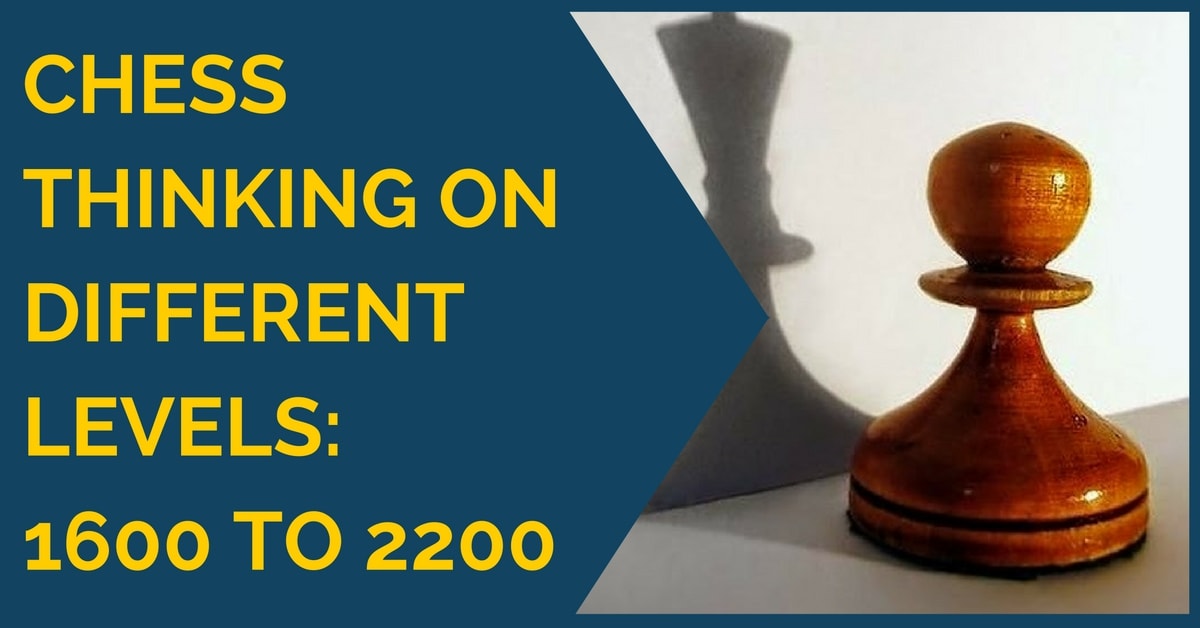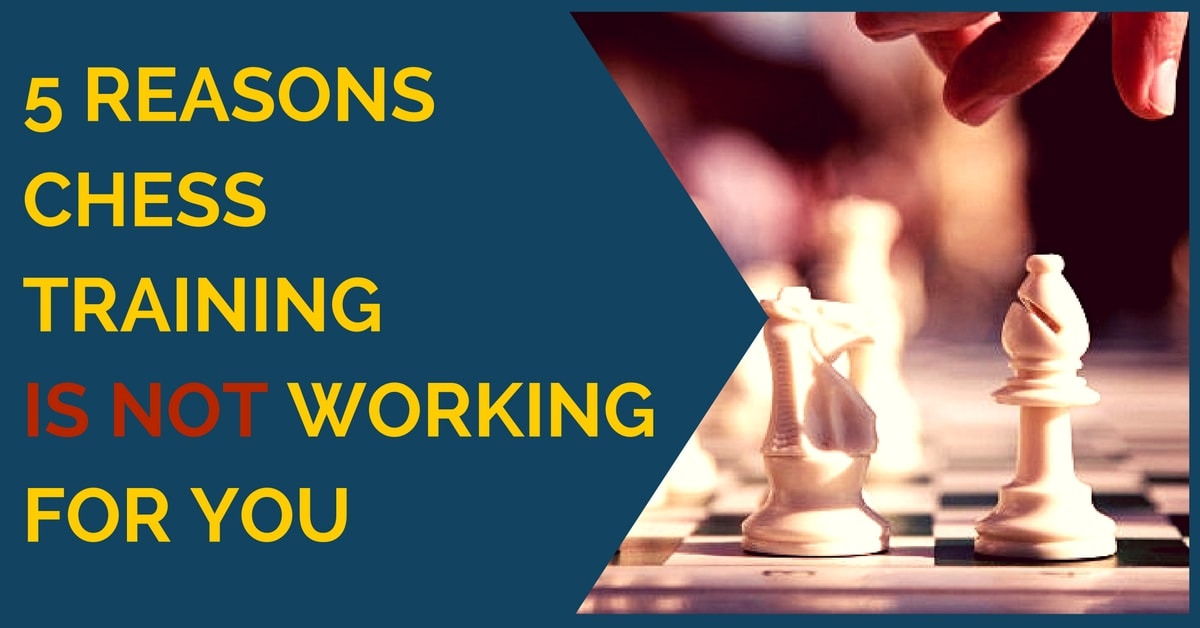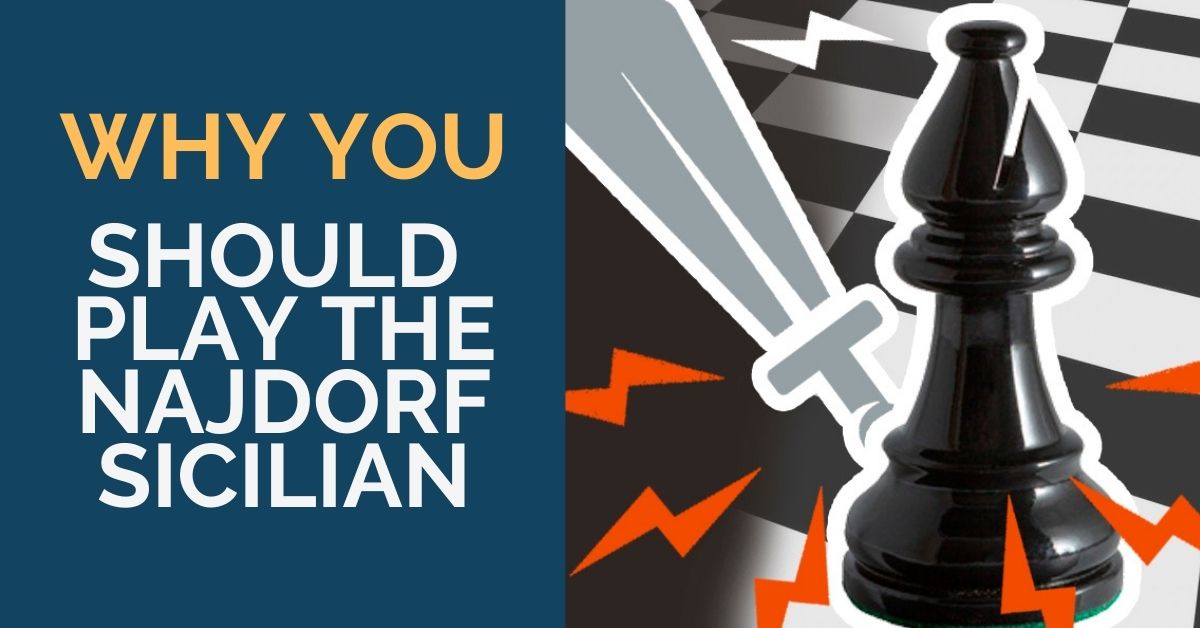5 Ways to Improve Your Chess for Under 2000
Improving your chess level is not possible over the night. It takes a lot of hard work, time and dedication. And even so, there are no guarantees that a significant improvement will happen. Moreover, what a player studies a day can show several weeks or even months later. However, beginners should not be intimidated by this. In fact, the journey of chess improvement is full of self reward and entertainment. In this article we will give some tips on how beginners can improve their level working by themselves.
1. Opening phase
Choose openings that are easy to learn and play. At this level, your main focus should be improving your strength, therefore a simple classical opening should be enough in order to get you to the middlegame. In case you are caught out of book, don’t panic! Just keep on developing and respect the opening principles.
Develop your pieces harmoniously, always try to control the center and quickly put your king into safety. Another important thing is to learn how to take advantage when your opponent breaks one of these basic rules. As an example, if he stays with the king too long in the center, try to exploit it by opening the position in order to start an attack, even at the cost of material.
2. Tactics
Work periodically in order to improve your tactical level. This can be done by solving simple puzzles or combinations. Here, the quality of the exercises might not be as important as the quantity. The more exercises you make the more you will improve and the more alert you will be during the games.
Tactics can be found online or you can acquire puzzle books or magazines. Playing blitz games can also be a good way to develop your tactical vision, as you need to solve problems in a very short time. However, it should not be over-played. It is well known that too much blitz makes your play very superficial.
Ready to start systematic training that actually works?
Click here to start your training using the day-by-day program.
3. Strategy and positional understanding
Strategy and positional understanding is one of the most common flaws when we are beginning in chess. We tend to make anti-positional moves without knowing why these moves are called like that.
It is very important to grow a decent chess culture and one way to do this is by studying the world champions, from Steinitz to Alekhine, Capablanca, Smyslov and so on. Try to find their games commented and explained and play through them. Imitation is one of the easiest ways to learn something.
4. Become familiar with the main concepts of chess.
There are a few key concepts in the game of chess that beginners should get acquainted with. Concepts such as weak squares, weak pawns, pawn structure, pawn islands, bishop pair should be studied and understood, as the game of chess goes around them. Learning how to use these advantages will significantly improve your level in short time.
We have written several articles on each and every one of these concepts and they can all be found on the website. In them you find explanations and many examples on how to play in each situation.
5. Positional evaluation.
This is perhaps one of the most important elements, as it is very important to evaluate correctly the position and then formulate an adequate plan in order to exploit the qualities of the position. This is something that is difficult for every player, regardless their strength and has to be worked out all the time.
A standard method is to make a list of the concepts mentioned before (weak squares, weak king, piece coordination, etc), see which has the most influence in the position and if they can be used in your favor or your opponent will use them against you.
It is very useful to exchange views with your opponent after every game and compare the different evaluations you had while playing. Not only this, but you should also analyze your own games at home (both wins and losses) and try to identify your mistakes in order to correct them in the future.
6. Keep it fun!
Chess can be very cruel sometimes, possible crueler than any other sport. It is very important to keep your mind balance and a positive mentality. Either you win or lose, what matters is to grow as a chess player and enhance your knowledge. Sometimes losing a game can result in frustration and deception, so it is very important to keep your objectivity and enjoy this lifetime learning journey.
We hope that the tips above will serve you as guidance on how to maximize the time you work on chess by yourself and you will be able to create your own working plan. Remember than in chess we all keep learning with every game we play and no matter how difficult it becomes sometimes, your work will eventually be rewarded.
If you want to improve your chess level, you need to have a clear study plan. If you aim for a dramatic improvement at chess you need to work on all of the elements of the game in a systematic way:
- tactics
- positional play
- attacking skills
- endgame technique
- classical games analysis
- psychological preparation
- and much more
That seems to be like a lot of things, and that is. But no worries, we have made it easy for you. Our comprehensive training course covers it all and much more. Sign up for 21 Day Training right now!










Comments: